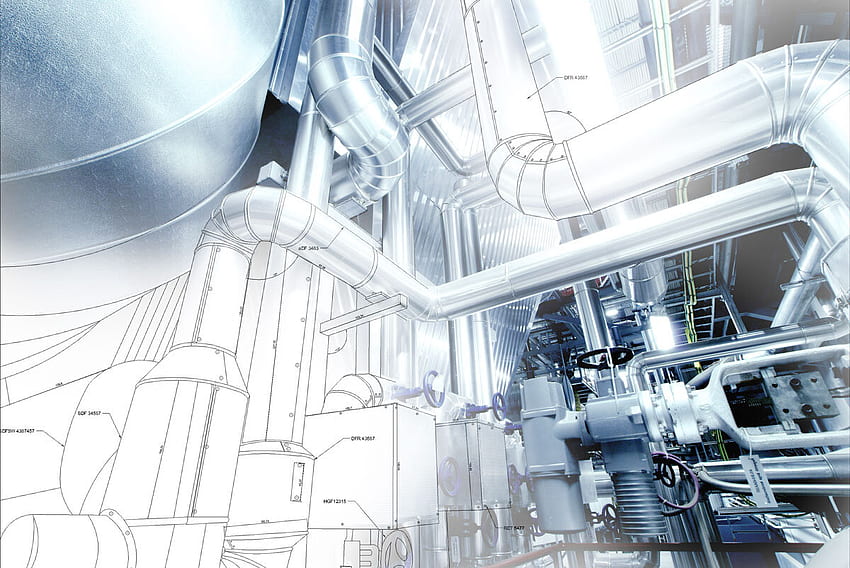
When it comes to creating a comfortable environment in your home or workplace, having an efficient HVAC system is key. HVAC, which stands for heating, ventilation, and air conditioning, plays a crucial role in maintaining appropriate temperatures, humidity levels, and air quality. By understanding how HVAC systems work and implementing strategies to improve their efficiency, you can enjoy a space that is both comfortable and cost-effective.
HVAC contractor service software
HVAC systems not only keep us comfortable year-round but also contribute to our overall health and well-being. From keeping us warm in the winter to providing relief from the summer heat, HVAC systems are essential in creating a pleasant indoor atmosphere. However, many people may not realize that inefficient HVAC systems can lead to higher energy bills and unnecessary wear and tear on the equipment. By taking steps to optimize your HVAC system’s efficiency, you can save money, reduce your environmental impact, and prolong the life of your heating and cooling systems.
Choosing the Right HVAC System
When choosing an HVAC system for your home, it’s essential to consider the size of the space you need to cool or heat. An HVAC system that is too small will struggle to regulate the temperature effectively, while one that is too large may lead to energy inefficiency and higher utility bills.
Energy efficiency is a crucial factor to keep in mind when selecting an HVAC system. Look for systems with high SEER ratings for air conditioners and AFUE ratings for furnaces. These ratings indicate the energy efficiency of the system and can help you save money in the long run by reducing your energy consumption.
Another important consideration is the type of HVAC system that best suits your needs. Options include traditional central air conditioning systems, ductless mini-split systems, heat pumps, and geothermal systems. Each type has its advantages and disadvantages, so it’s important to do your research and choose the system that aligns best with your requirements and budget.
Tips for Improving HVAC Efficiency
Regular maintenance is key to keeping your HVAC system running smoothly. Schedule professional tune-ups at least once a year to ensure all components are functioning efficiently. Additionally, changing air filters regularly can help improve airflow and prevent strain on the system.
Optimizing your home’s insulation can greatly enhance HVAC efficiency. Proper insulation helps maintain consistent temperatures, reducing the workload on your system. Consider investing in insulation upgrades or sealing any drafts to minimize heat loss or gain.
Adjusting your thermostat settings can also play a significant role in improving HVAC efficiency. During the summer, set your thermostat a few degrees higher when you’re away to reduce energy consumption. In winter, lower the temperature when you’re asleep or out of the house to save on heating costs.
Regular Maintenance for Longevity
To ensure your HVAC system operates efficiently and lasts for years to come, regular maintenance is crucial. Start by scheduling annual tune-ups with a professional technician. They will inspect and clean key components, identify any potential issues, and make necessary adjustments to keep your system in top condition.
In addition to professional maintenance, there are simple tasks you can perform regularly to help maintain your HVAC system. Changing air filters every 1-3 months, depending on usage, helps prevent dust and debris buildup that can restrict airflow and strain the system. Keeping the area around the outdoor unit clear of debris and vegetation also promotes proper airflow and efficient operation.
Lastly, staying proactive by addressing any signs of trouble promptly can prevent small issues from turning into costly repairs down the line. If you notice strange noises, uneven heating or cooling, or sudden spikes in energy bills, don’t hesitate to contact a professional to diagnose and resolve the issue before it escalates. By staying on top of maintenance and repairs, you can extend the lifespan of your HVAC system and enjoy efficient performance year-round.
